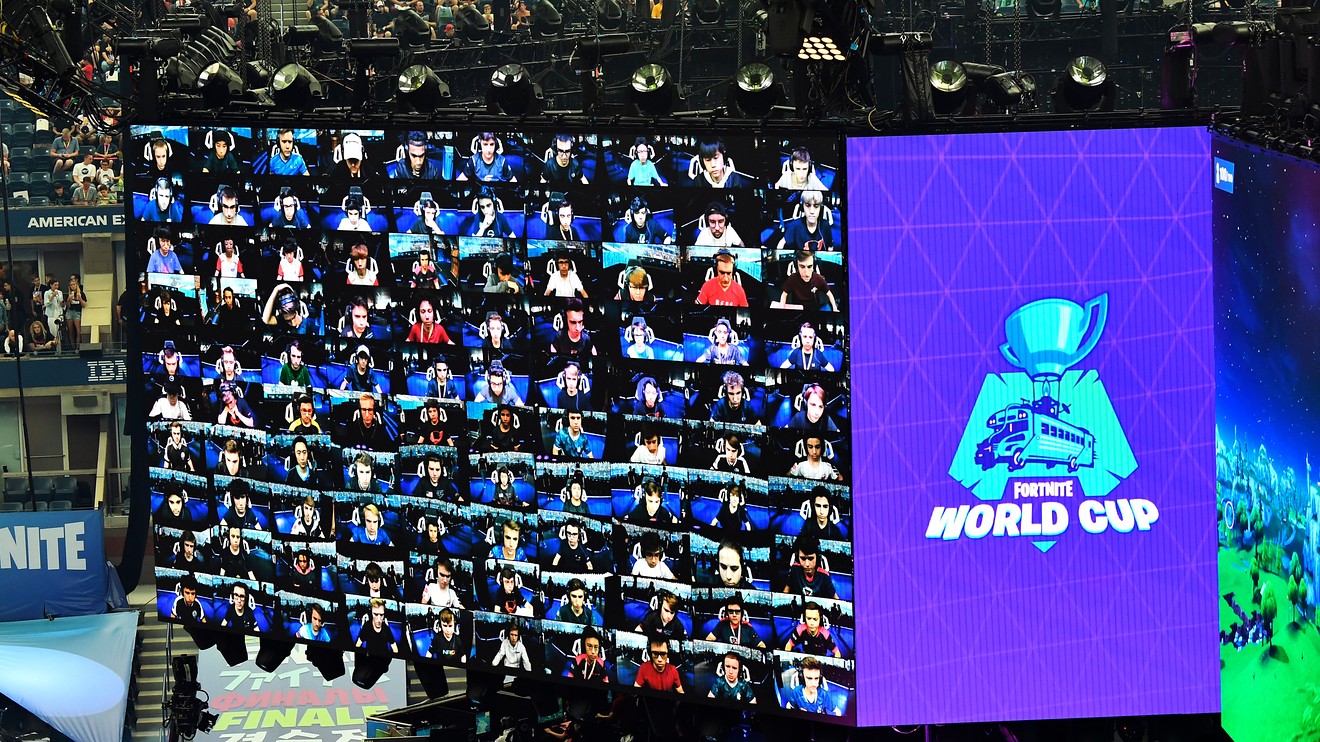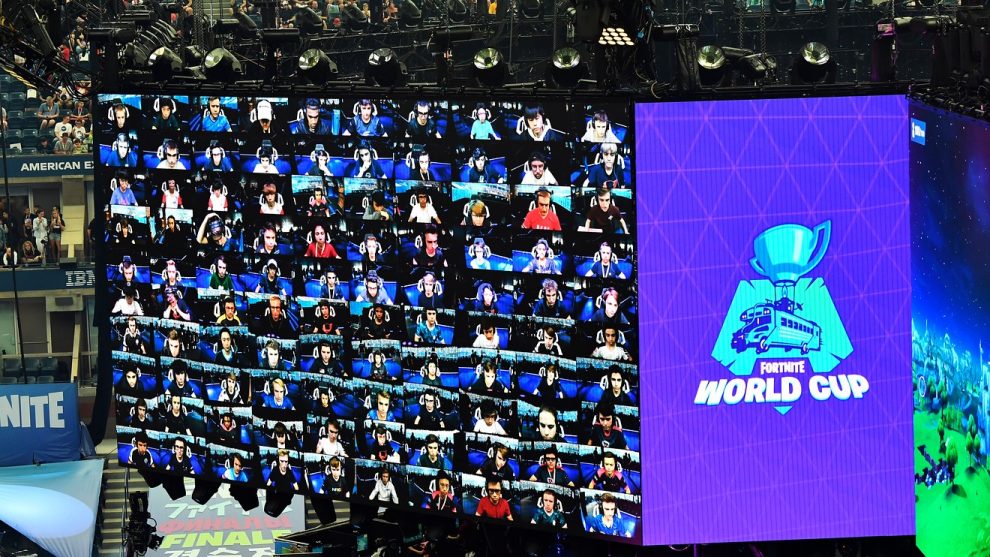
Practice makes perfect.
Kyle Giersdorf, a 16-year-old video-game player, won $3 million on Sunday after winning the first-ever Fortnite World Cup.
In an interview with ESPN, Giersdorf was asked what went through his mind when he won. “I don’t even know. That all the hard work I put into the game has finally paid off,” he said.
The Pennsylvania teen, who goes by the screen name “Bugha,” played the insanely popular battle royale shooter game eight to 10 hours a day, his mother told ESPN DIS, -0.10%
That dwarfs the approximate one-hour average time that many people spend playing video games, according to a 4,500-person survey on online gaming that Limelight Networks released earlier this year.
The survey said people devote just over seven hours a week playing video games, an increase of 19% over last year. But a quarter of those who consider themselves aspiring professional gamers spend at least 20 hours a week playing.
Though many people don’t play as much as Giersdorf, there are plenty who would like to be in a position like him. About one-third of all survey participants (36%) said they would quit their job if they could pay the bills by being a professional gamer. Over 57% of male gamers ages 18 to 35 would want to go professional if they could make it work.
The video game market could expand from $131 billion in 2018 to an estimated $300 billion market in 2025 — but there is such a thing as too much gaming, medical experts say.
The World Health Organization announced last month it was deeming “gaming disorder” as a mental health condition.
The organization didn’t say how much time people need to spend playing video games in a day or week before they have the disorder.
‘There’s a general de-stigmatization of gaming as this thing for people in their parents’ basement.’
But one way people exhibit the disorder is when there’s “increasing priority given to gaming to the extent that gaming takes precedence over other life interests and daily activities.”
By that definition, the disorder’s already arrived in many places.
More than one-third of all Limelight survey participants across the globe (34.3%) missed a meal, while 23% have skipped a shower so they could game instead. Over half (53%) lost sleep because of playing and 26% said they skipped dates or meet-ups with friends to play.
The “gaming disorder” definition is one reminder on how prevalent video games have become.
So is the fact that Giersdorf won a tournament with about $30 million in overall prize money inside a sold-out New York City tennis stadium that’s home to the U.S. Open.
The high-profile stage “further solidifies e-sports as something that’s on par with more traditional sports,” said John Poelking, leisure and media analyst at Mintel.
“There’s a general de-stigmatization of gaming as this thing for people in their parents’ basement,” he told MarketWatch.
Almost two-thirds (64%) of adults, ages 18 and up, played video games in the last three months, according to a Mintel survey in January. The tally is up from 59% in the company’s 2018 survey. Many are playing games on their phones.
But even if many people are playing games like Candy Crush or Angry Birds to kill a little time, others could be regarding gaming as a path to riches more than ever — especially after Giersdorf’s win.
“The fact that these payouts are possible is incentivizing more people to see gaming as a more reliable career going forward,” Poelking said.
“It’s the same thing with the influencer market,” he added. “You see someone making millions of dollars posting things on Instagram FB, -1.92%. It’s that kind of similar build up in gaming world.”












